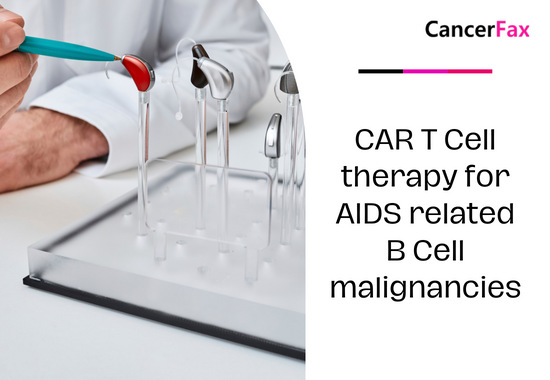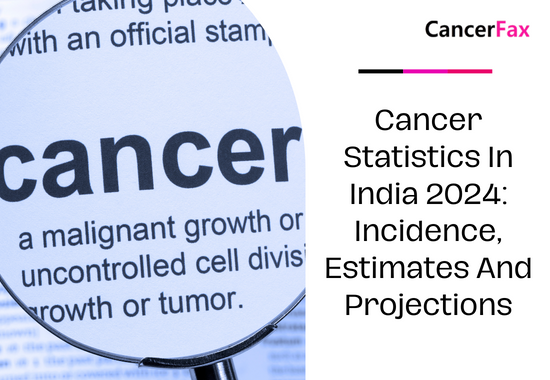A recent study published in the European Journal of Clinical Nutrition showed that diet may play a key role in preventing pancreatic cancer. The study investigated the link between pancreatic cancer risk and the intake of certain nutrients involved in methyl metabolism.
Zhang Jianjun, MD, associate professor of epidemiology at the Indiana University Fairbanks School of Public Health and senior author of the study, said: “Methylation is critical for DNA synthesis and methylation.” Methylation may be related to tumors. Formation is related to growth. Key nutrients for methyl metabolism include folic acid, vitamins B6 and B12, and methionine. The results showed that participants with the highest intake of folic acid had a 69% reduction in pancreatic cancer risk compared with those with the lowest intake. Vitamin B6 intake alone is not associated with pancreatic risk. However, when two nutrients are taken together, it is of practical significance. Large intake of folic acid and vitamin B6 can reduce the risk of pancreatic cancer by 76%.
The results of this study show that the intake of folic acid and vitamin B6 can help prevent pancreatic cancer. However, the American Cancer Institute (AICR) recommends that you get the nutrients you need from food and does not recommend the use of supplements to prevent cancer. AICR recommends eating a cancer-protective diet rich in folic acid, vitamin B6 and other nutrients to reduce the risk of cancer.
Folic acid is a water-soluble vitamin found in green leafy vegetables, beans, nuts and fruits. Vitamin B6 is present in many foods, including fortified grains, beans, poultry, fish and some vegetables and fruits, especially dark green leafy vegetables, papaya, oranges and cantaloupe.

